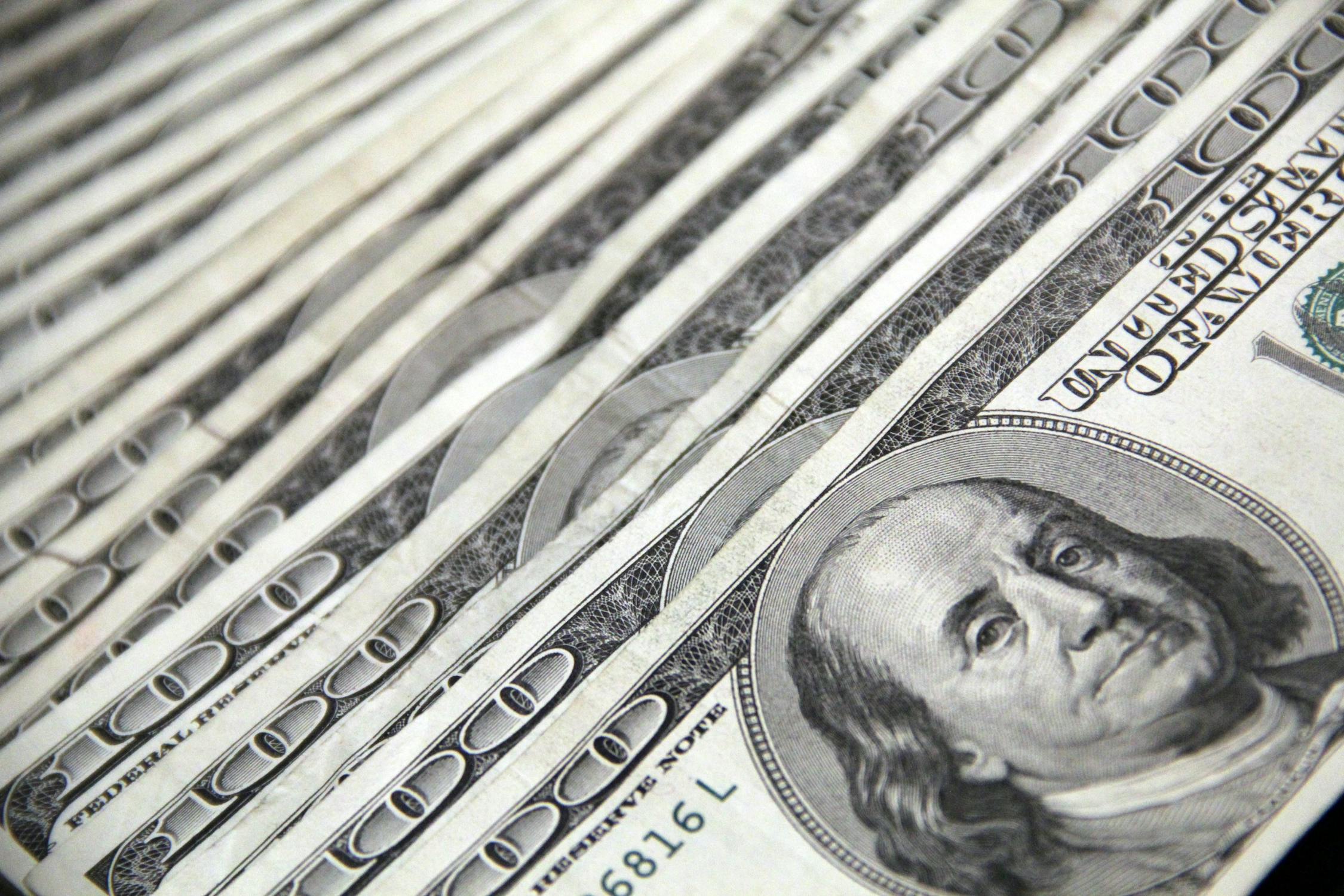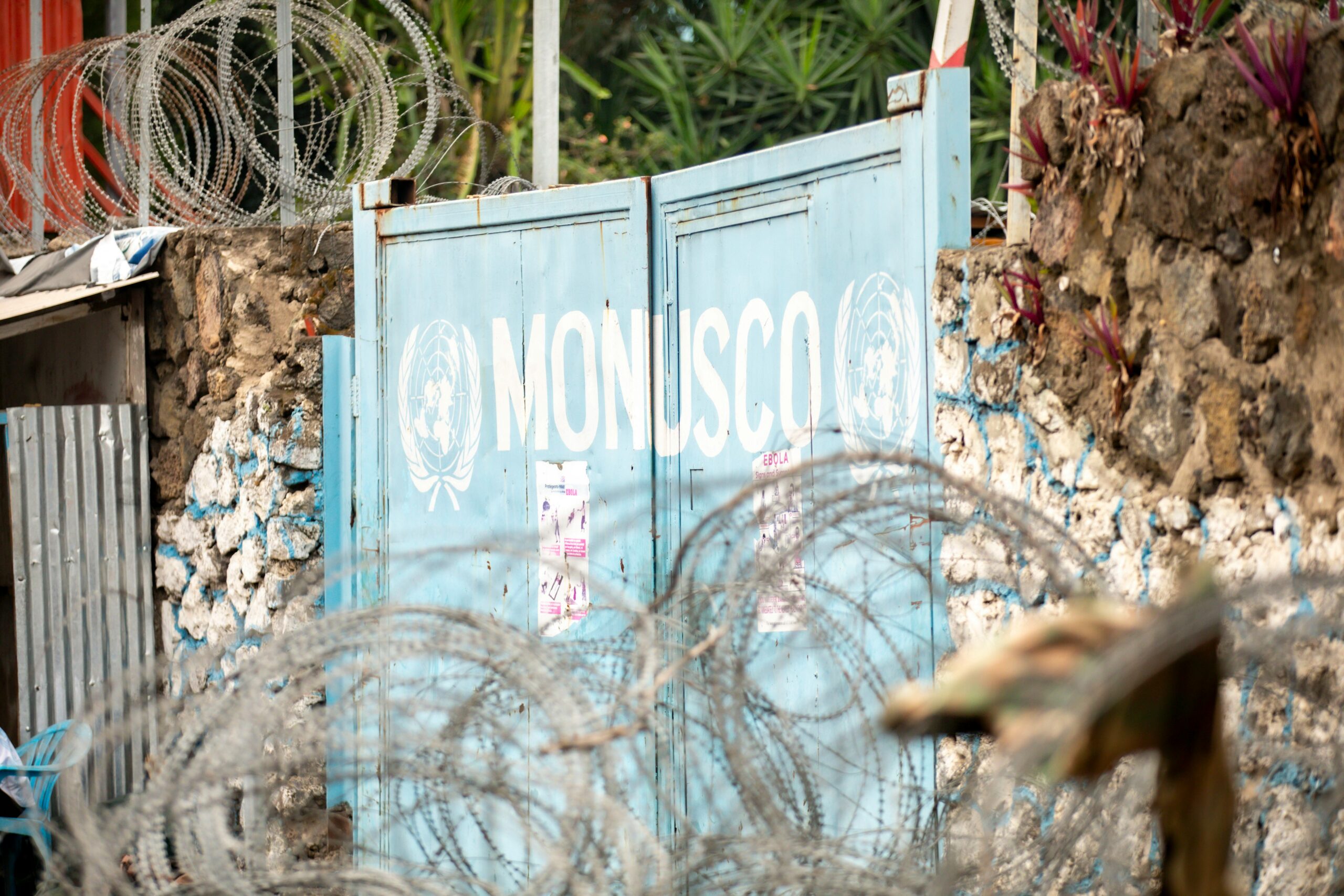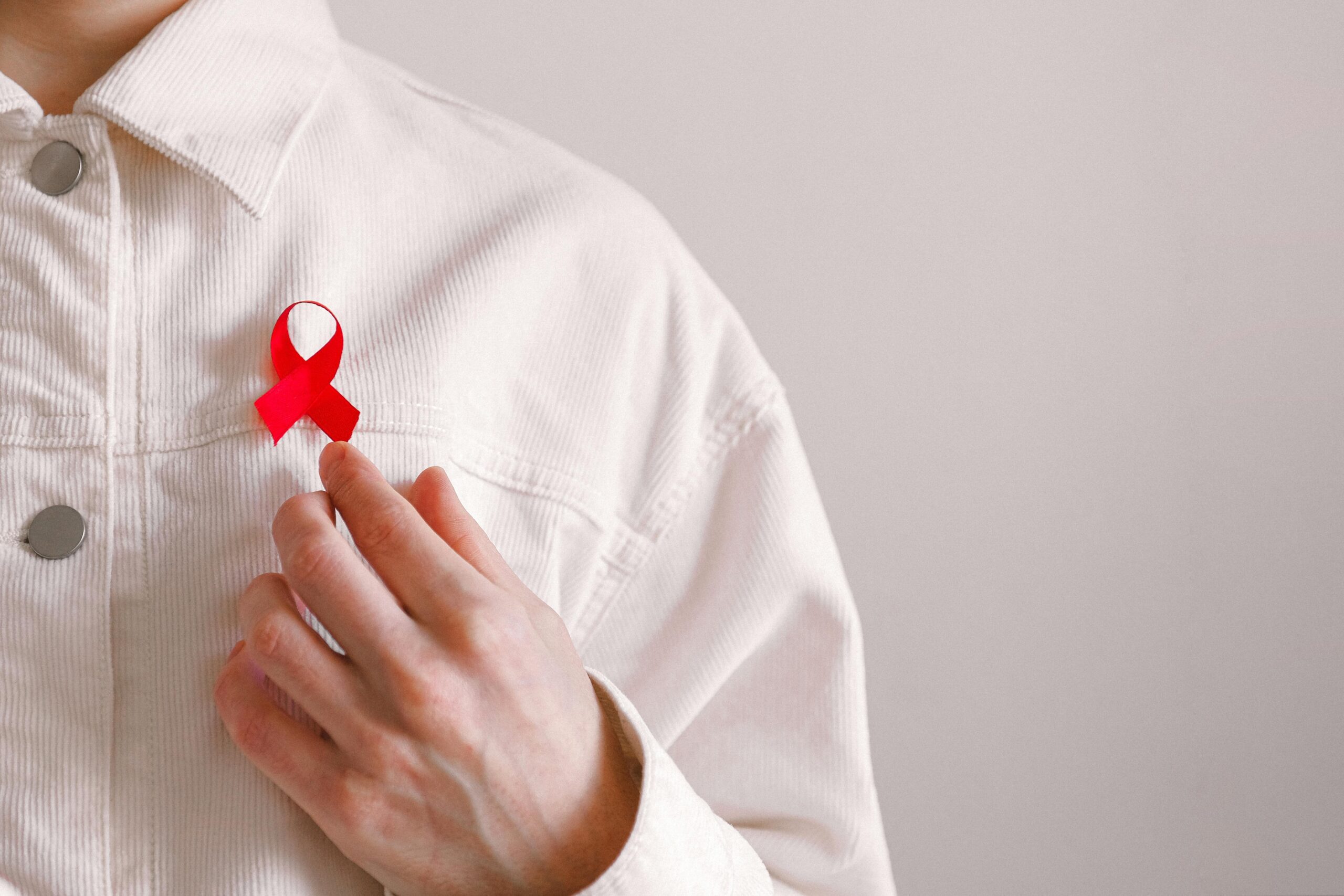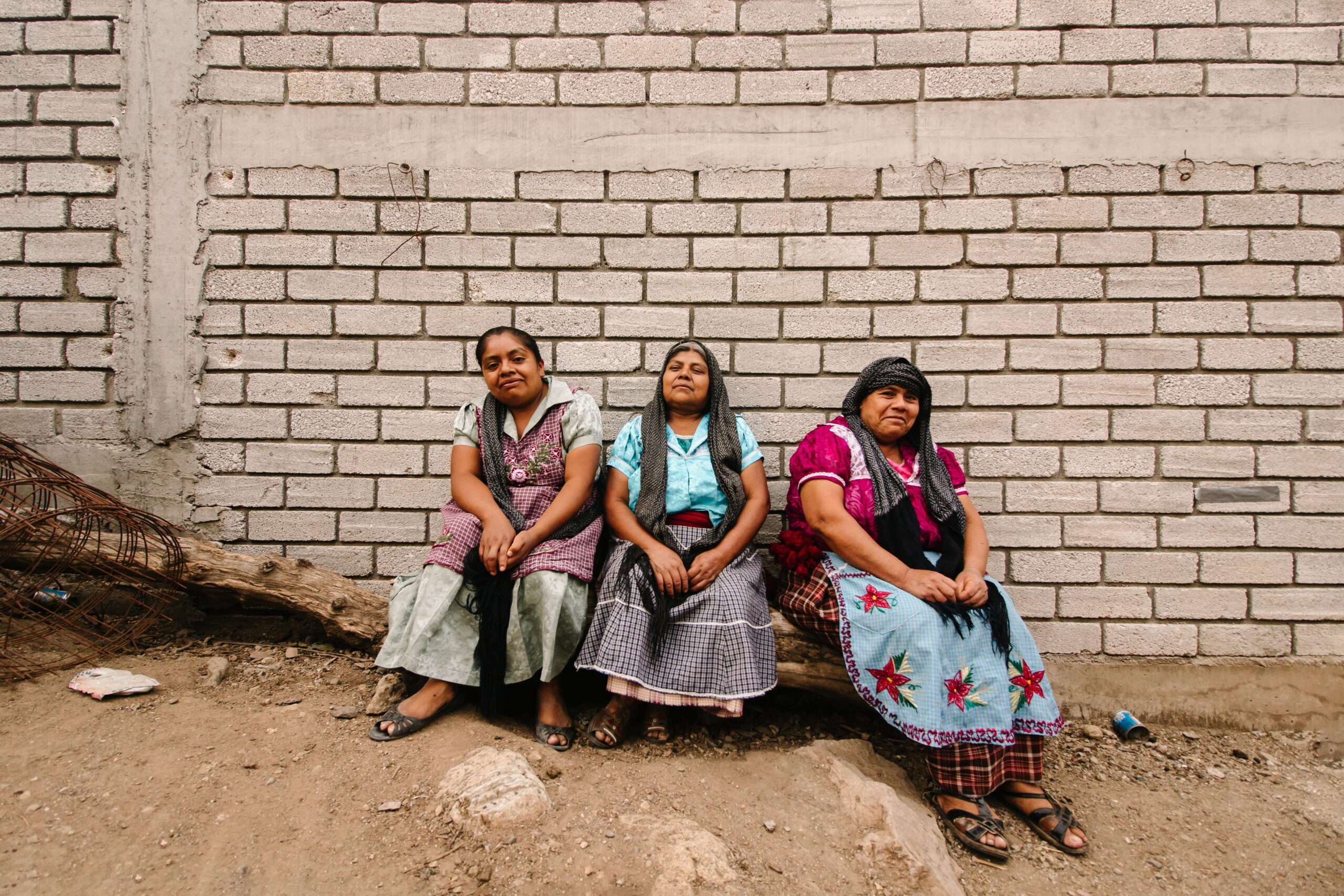By Frida Martini
Porn
noun
Sometimes por·no []. pornography; sexually explicit videos, photographs, writings, or the like, produced to elicit sexual arousal (often used attributively): arrested for selling porn; a porn star; porn films.
We probably didn’t need that definition, everyone knows what porn is. It’s considered a dirty word, one we rarely speak about in public. It carries stigma, discomfort, even shame. So what happens when we place poverty in front of it? Does the meaning shift because we feel for the people experiencing poverty? Just because we can speak about poverty in public? No? No.
Poverty porn is defined as “any type of media, be it written, photographed, or filmed, which exploits the poor’s condition in order to generate the necessary sympathy for selling newspapers, increasing charitable donations, or supporting a given cause.” In short, it’s a controversial tactic used to raise funds.
But it’s still a tactic for raising funds – funds that, in some way, contribute to helping people. And it must be effective, right? Otherwise, why would it continue to be used despite the criticism?
This blog post will explore that tension – the ethics, the impact, and the uncomfortable gray areas of poverty porn. Is poverty porn dirty work? Or is poverty porn a dirty word describing ok work?
The Origins of Poverty Porn
The term poverty porn first emerged in the 1980s as a critique of fundraising campaigns that misrepresented the realities of poverty in the Global South to secure donations. These campaigns relied on oversimplified, often exaggerated images of suffering – because that’s what sells. Addressing the deeper, structural causes of poverty wouldn’t generate the same emotional response or financial support. Criticism of poverty porn comes from two main angles. First, it’s unethical. It strips people of their dignity, reducing them to objects of pity – whether it’s a starving, dying child, or grieving parents. Second, it’s ineffective. Rather than addressing the root causes of poverty, such as systemic inequality or local governance issues, it reinforces harmful narratives and maintains the very power structures that contribute to poverty in the first place. The concept mirrors our understanding of pornography – it exposes something deeply personal, in this case, human suffering, for the consumption of others.
The Complexity of the Term
During my exchange in Ghent, Belgium, I first came across the term poverty porn in a course called Development in the Global South. Studying political science in Ghent was eye-opening. Many courses leaned further left than what I was used to, making me feel like I was in a “leftist bubble”. Therefore, when I first heard the term poverty porn, my reaction was something along the lines of, “Finally! This perfectly captures everything the Global North gets wrong in its eagerness to ‘help.’” But now, months later, as I reflect on my time in Ghent and discuss what I learned with friends, I realize it’s not as black and white as I initially thought.
Let’s take a classic example of poverty porn: Band Aid’s “Do They Know It’s Christmas?”
Band Aid – Do They Know It’s Christmas? (2024 Ultimate Mix / 40th Anniversary Video)
The song turned 40 last year, and to mark the anniversary, a new mix was released, complete with a video that alternates between images of starving, dying people and footage of famous singers delivering pitch-perfect vocals in a studio far from the people they sing about. The remix has faced heavy criticism, not just from the usual commentators but even from Ed Sheeran, who participated in Band Aid’s 30th-anniversary version. The backlash isn’t surprising – it is poverty porn that uses people’s misery as marketing, stereotypes the African continent and reinforces white saviorism. Yet, the Band Aid Charitable Trust has raised £140 million since its inception. So, does the end justify the means?
To Sum The Dilemma Up
Poverty porn pushes us to think critically about the ethics of fundraising. Yet, we can’t ignore its effectiveness in generating massive donations. The real dilemma is whether the exploitation is justified by the aid it provides. As discussed, some argue that it reinforces the very structures that cause suffering. But perhaps the solution isn’t either-or. Structural change is crucial, yet immediate relief is also necessary.
I could go on for pages, exploring different arguments – like the idea that if all aid were focused on changing systemic structures, we wouldn’t need to have this discussion in the first place. But instead, let’s end with the two key questions: If poverty porn is one of the most effective ways to mobilize resources, should we accept it rather than dismissing it as ‘dirty work’ and labeling it poverty porn? Or is there another way to raise enough money for humanitarian aid without exploiting those in need – one that therefore would allow us to still rightfully call campaigns like Band Aid poverty porn?





Leave a Reply